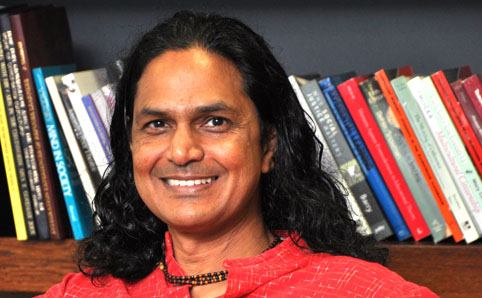 |
|
Prof. Dennis Francis, Dean of Education
|
The University of the Free State’s (UFS) Dean of Education, Prof. Dennis Francis, has received the honour of being invited as keynote speaker at the Fourth International Conference of Education Reform (ICER).
Prof. Francis, who has already published widely in the areas of social justice education and sexuality education, will address the conference on 24 and 25 March 2011 in Luang Prabang, Laos.
The theme of the conference is Equality and Education. Prof. Francis will address the international audience with his speech entitled “Troubling elements of a theory of oppression that should inform the work of teachers in higher education”.
Prof. Francis’ keynote will address three questions, namely what challenges South African society presents to the teaching of anti-oppression, what elements of theory and pedagogy are most effective in equipping teachers and students for those challenges and what real-life experiences of teaching in the area of education for social justice can teach about pedagogy in any context where injustice and inequality prevails. He will draw on his personal experiences regarding the latter.
“We need to deepen the theoretical grasp of oppression if education is to be effective in addressing social inequality. Teaching for equity and social justice education requires that we address the multiple layers of oppression that correspond with varying forms of privilege and injustice, and none of these exist in isolation.”
Prof. Dennis says that he is humbled by the invitation and sees this as an opportunity to learn, grow and contribute in the area of education in social justice.
Media Release
23 March 2011
Issued by: Lacea Loader
Director: Strategic Communication
Tel: 051 401 2584
Cell: 083 645 2454
E-mail: news@ufs.ac.za